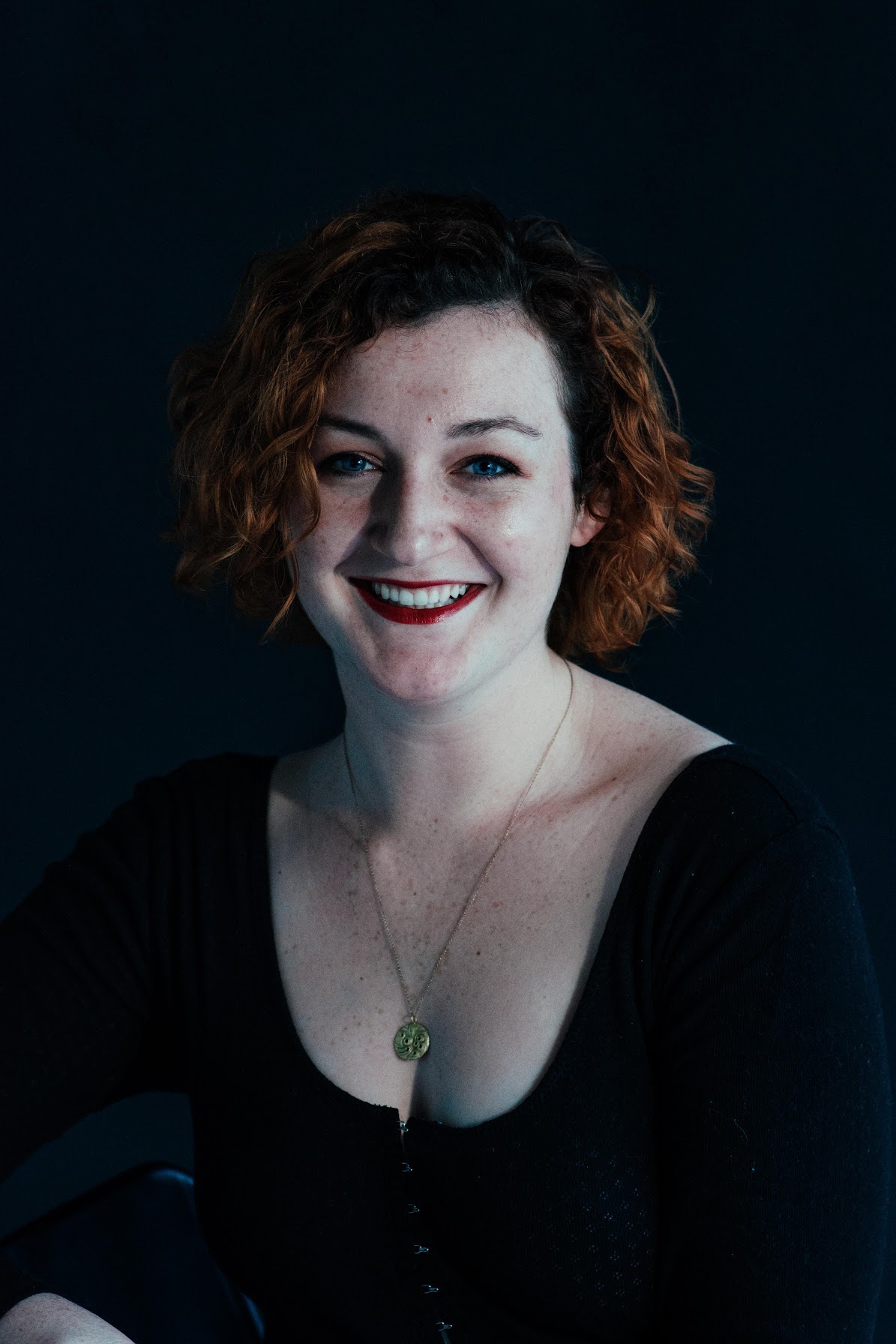Connor Hardy is a senior from Baltimore, Maryland double majoring in Gender, Sexuality & Women’s Studies and Health & Societies (with a concentration in Global Health). On campus, Connor works as a Peer Anti-Violence Educator (PAVE) and research fellow at the Ortner Center on Violence & Abuse in Relationships. She is also involved in Penn V-Day as a writer and cast member, and dances with Onda Latina. Connor’s academic and research interests include LGBTQ+ and women’s health, anti-violence education, advocacy, and environmental humanities. Connor has been volunteering as a Sexual Assault Counselor with WOAR — Philadelphia Center Against Sexual Violence since 2018, and is affiliated with the Coalition Against Fraternity Sexual Assault. In her free time, Connor likes to run, cook, and walk around Philadelphia. Connor’s work with the Wolf Humanities Center and senior thesis in Gender Studies will explore the choices that people may face when reporting gendered violence within a University, along with their own definitions of justice or accountability.
Connor Hardy
Wolf Humanities Center Undergraduate Fellow
2020—2021 Forum on Choice
Connor Hardy
Executive Board, Wolf Undergraduate Humanities Forum
Health and Societies; Gender, Sexuality, and Women's Studies
Navigating University Reporting and Justice for Survivors of Sexual Violence: Returning Agency to Students
Sexual violence is a pervasive issue at U.S. institutions of higher education. Universities often have complex systems and channels through which students can report violence or seek. The 2019 survey by the American Association of Universities found that 73% of students at Penn who experienced sexual violence did not contact a program or resource to seek support. I would like to explore the ways in which students seek support within University systems, and explore where they have choice or agency to direct their justice-seeking processes. I aim to determine what kind of institutional response are available to students, to what degree students can ask for and receive the support they want, and how students believe the current system could become more accessible.



